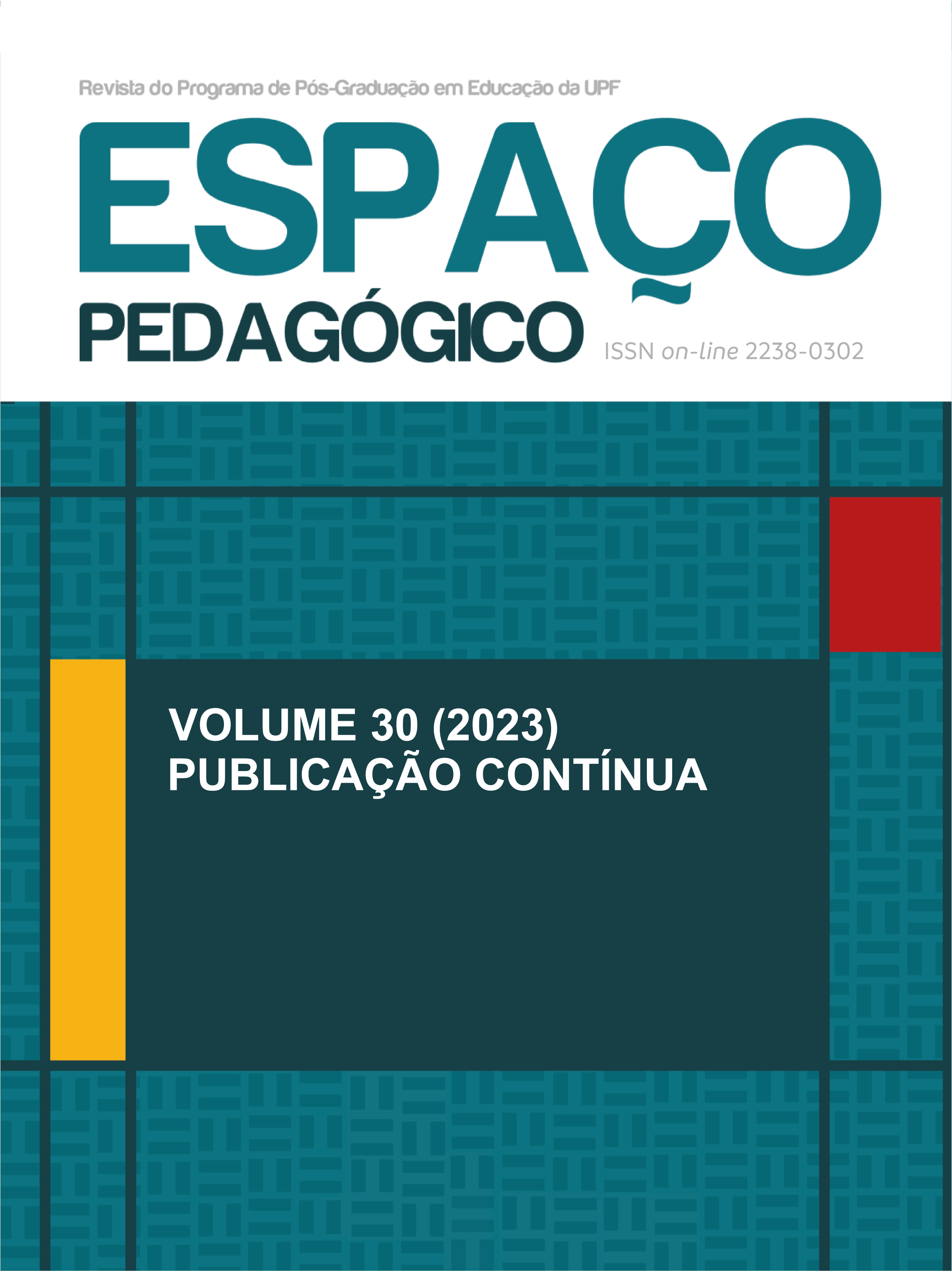Metacognition and Computational Thinking in Vygotsky's Historical-Cultural Perspective
DOI:
https://doi.org/10.5335/rep.v30.15264Keywords:
Curriculum Development, Cognitive Educability, Conceptual SystemAbstract
In a post-pandemic context, where pedagogical practices evolve based on different epistemological bases, the encouragement of autonomy and innovation among students and teachers stands out. Aligned with the UN 2030 Agenda, research assumes as an epistemological basis the interdisciplinary relationship between education and Computer Science by exploring Computational Thinking associated with Metacognition. The text addresses the characteristics of this thought, identifies gaps in the theoretical bases and presents a scope that intertwines it with Vygotskian theory, Metacognition and Cognitive Educability. Results of the theoretical and conceptual reflections indicate that metacognition, when applied systematically, promotes the development of computational thinking. To this end, we propose a functional architecture anchored in Vygotskian principles, differentiating content and skills, contributing to a more robust understanding of this thinking with potential consequences for other conceptions and development of curricula, not only in computing, but in teacher education in all areas.
Downloads
Downloads
Published
Issue
Section
License

This work is licensed under a Creative Commons Attribution 4.0 International License.



